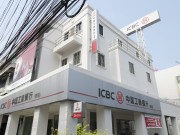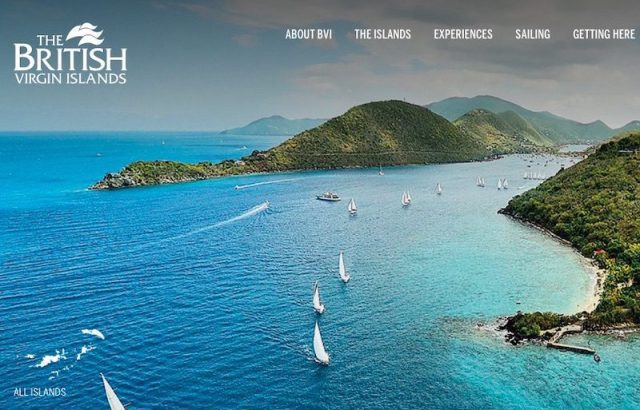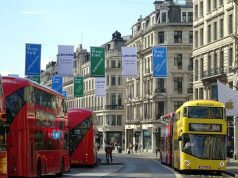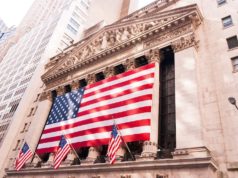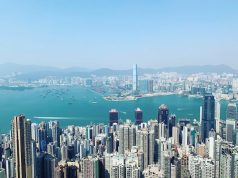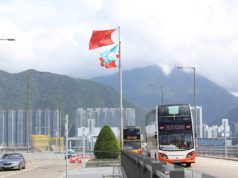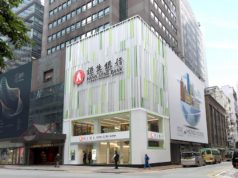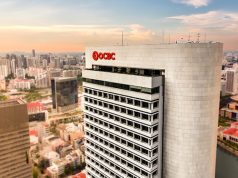British Virgin Islands / BVI Director Names to be Available Publicly on 1st January 2023, Popular Offshore Jurisdiction with 0% Tax
30th December 2022 | Hong Kong
The names of Directors for BVI (British Virgin Islands) will made publicly available via a paid company search on the 1st January 2023. The search can be made via the BVI (registry) provided by Registry of Corporate Affairs, with a payment of $75. The information available will be the names of current directors (Dates of birth and addresses will not be included). The BVI registration fees will also increase to $550 (50,000 shares) and $1,350 (More than 50,000 shares). BVI is a popular offshore jurisdiction, with 0% tax. The Virgin Islands, commonly referred to as the British Virgin Islands (BVI), is a British overseas territory located in the Caribbean to the east of Puerto Rico. The “four pillars” of the BVI economy are tourism, financial services, agriculture and fishing.
“ British Virgin Islands / BVI Director Names to be Available Publicly on 1st January 2023, Popular Offshore Jurisdiction with 0% Tax “
BVI / British Virgin Islands

The Virgin Islands, commonly referred to as the British Virgin Islands (BVI), is a British overseas territory located in the Caribbean to the east of Puerto Rico. The islands make up part of the Virgin Islands archipelago; the remaining islands constitute the US Virgin Islands and the Spanish Virgin Islands.
The official name of the Territory is still simply the “Virgin Islands”, but the prefix “British” is often used to distinguish it from the neighbouring American territory which changed its name from the “Danish West Indies” to “Virgin Islands of the United States” in 1917. British Virgin Islands government publications continue to begin with the name “The Territory of the Virgin Islands”, and the Territory’s passports simply refer to the “Virgin Islands”, and all laws begin with the words “Virgin Islands”. Moreover, the Territory’s Constitutional Commission has expressed the view that “every effort should be made”, to encourage the use of the name “Virgin Islands”. The Virgin Islands consist of the main islands of Tortola, Virgin Gorda, Anegada, and Jost Van Dyke, along with over fifty other smaller islands and cays. About 15 of the islands are inhabited. The capital, Road Town, is situated on Tortola, the largest island, which is approximately 20 km (12 mi) long and 5 km (3 mi) wide. The islands have a population of about 27,800, of whom approximately 23,000 live on Tortola. British Virgin Islanders are classed as British Overseas Territories citizens and since 2002 have had full British citizenship. Although the territory is not part of the European Union and not directly subject to EU laws, its citizens are deemed to be citizens of the EU as well.
Politics
The Territory operates as a parliamentary democracy. Ultimate executive authority in British Virgin Islands is vested in The Queen, and is exercised on her behalf by the Governor of the British Virgin Islands. The Governor is appointed by the Queen on the advice of the British Government. Defence and most Foreign Affairs remain the responsibility of the United Kingdom.
The most recent constitution was adopted in 2007 (the Virgin Islands Constitution Order, 2007) and came into force when the Legislative Council was dissolved for the 2007 general election. The Head of Government under the constitution is the Premier (prior to the new constitution the office was referred to as Chief Minister), who is elected in a general election along with the other members of the ruling government as well as the members of the opposition. View more about the Government of the territory, on the Government of the Virgin Islands page.
Economy
The “four pillars” of the economy are tourism, financial services, agriculture and fishing. Politically, tourism is the more important of the four, as it employs a greater number of people within the Territory, and a larger proportion of the businesses in the tourist industry are locally owned, as are a number of the highly tourism-dependent sole traders (for example, taxi drivers and street vendors). Economically however, financial services associated with the territory’s status as an offshore financial centre are by far the more important. 51.8% of the Government’s revenue comes directly from licence fees for offshore companies, and considerable further sums are raised directly or indirectly from payroll taxes relating to salaries paid within the trust industry sector (which tend to be higher on average than those paid in the tourism sector). View more about the Economy of the territory, on the Economy of the Virgin Islands page.
Sign Up / Register
Caproasia Users
- Manage $20 million to $3 billion of assets
- Invest $3 million to $300 million
- Advise institutions, billionaires, UHNWs & HNWs
Caproasia Platforms | 11,000 Investors & Advisors
- Caproasia.com
- Caproasia Access
- Caproasia Events
- The Financial Centre | Find Services
- Membership
- Family Office Circle
- Professional Investor Circle
- Investor Relations Network
Monthly Roundtable & Networking
Family Office Programs
The 2025 Investment Day
- March - Hong Kong
- March - Singapore
- July - Hong Kong
- July - Singapore
- Sept- Hong Kong
- Sept - Singapore
- Oct- Hong Kong
- Nov - Singapore
- Visit: The Investment Day | Register: Click here
Caproasia Summits
- The Institutional Investor Summit
- The Investment / Alternatives Summit
- The Private Wealth Summit
- The Family Office Summit
- The CEO & Entrepreneur Summit
- The Capital Markets Summit
- The ESG / Sustainable Investment Summit








